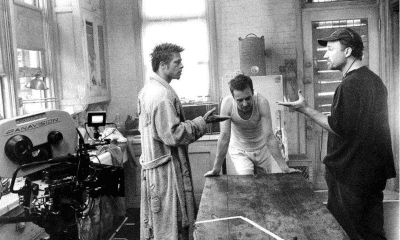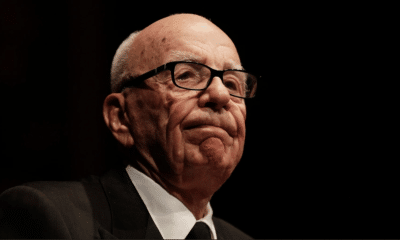Delhi’s political landscape is once again embroiled in controversy, as the Central Bureau of Investigation (CBI) filed a charge sheet against Chief Minister Arvind Kejriwal. The allegations stem from the contentious Delhi Liquor Policy/ Excise Policy case, marking a significant moment in Kejriwal’s political journey and raising crucial questions about governance and integrity.
The roots of this case lie in the Delhi government’s 2021-22 excise policy, which was intended to reform the city’s liquor trade. The Delhi Liquor Policy aimed to privatize liquor sales, increase government revenue, and curb corruption. However, it quickly became a lightning rod for controversy, with accusations of irregularities and favouritism emerging from various quarters.
Kejriwal, who is also the national convener of the Aam Aadmi Party (AAP), found himself at the centre of a legal storm when the Enforcement Directorate (ED) arrested him on March 21 for alleged money laundering linked to the excise policy. Despite being granted interim bail by the Supreme Court in this case, his legal woes were far from over. The CBI soon arrested him in a related corruption case, compounding his troubles.
Judicial Proceedings and Implications
The Supreme Court’s interim bail for Kejriwal in the money laundering case acknowledged his right to legal recourse, despite multiple cases against him across different states. The court’s remarks highlighted the complexity of the judicial process and the challenges of ensuring timely and effective legal aid.
The court pointed out the inefficiency and potential injustice of requiring separate bail applications in each case, noting that such a process could delay justice and impede Arvind Kejriwal’s right to effective legal assistance. This observation underscores a broader issue within the Indian judicial system, where procedural delays often hinder timely justice.
The allegations against Arvind Kejriwal have put the AAP under intense scrutiny. The party, which rose to prominence on an anti-corruption platform, now faces a critical test of its commitment to transparency and accountability. The charges against its leader challenge the party’s integrity and its ability to navigate through such a significant crisis.
Arvind Kejriwal‘s arrest and the subsequent legal battles have significant political ramifications. They impact not only his leadership but also the broader political dynamics in Delhi and beyond. The opposition parties have seized upon this opportunity to question the AAP’s governance and ethics, while Kejriwal’s supporters view the charges as politically motivated attempts to undermine his administration.
In the midst of this turmoil, the legal process must be transparent and fair, ensuring that justice prevails while upholding the principles of democracy.





















Pingback: Supreme Court Presses CBI, ED on Delhi Excise Case Timeline